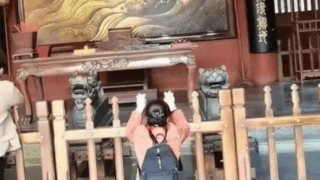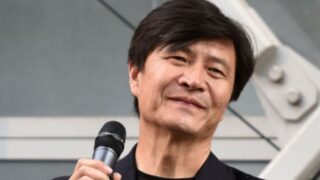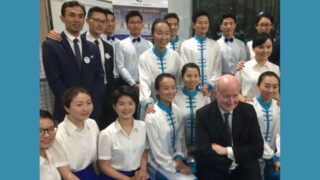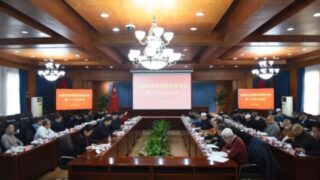The popular establishments have been closed down as part of a “religious fraud.” The story tells us something about COVID-19’s China.
by Tang Bolin
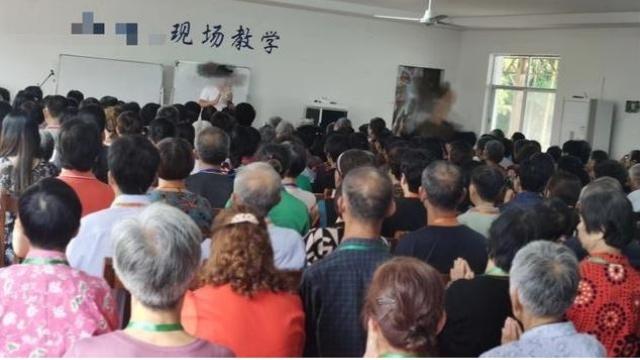

Perhaps it was really a fraud, but one tolerated for years, until it looked less like an aggressive commercial venture and more like illegal religion. The story of the “Tea Bars for the Soul” is a typical Chinese story of these times of fear of COVID-19, with people not happy with the official answers to the crisis by the Chinese Communist Party (CCP), or the government-controlled religion, seeking comfort in strange spiritual ventures.
In 2017, the first “Tea Bar for the Soul” (心灵茶吧)opened in Shanghai. It was part of a Chinese New Age scene that is more or less tolerated, and whose establishments are sometimes patronized even by CCP members. At the “Tea Bar for the Soul” customers could drink organic tea, but also buy herbal remedies, talismans, and books about positive energies and both traditional and modern forms of alternative spirituality.
The Shanghai bar was so successful that in two years eleven similar tea shops were opened in different parts of Shanghai and through the Jiangsu and Zhejiang provinces. Although they had to close during the quarantine, the “Tea Bars for the Soul” became even more popular during the COVID-19 crisis, as customers hoped to find there alternative remedies and, even more, alternative explanations of what was going on and some sort of spiritual comfort. Regulars at the tea bars were invited to seminars and retreats in Guangde, Anhui.
Customers of the bars were in the thousands. While some of them were simple people, there was a hard core of regulars including several rich and cultivated Shanghai women. Obviously, the combination of traditional medicine and fashionable New Age ideas sold well.
Originally tolerated, and reportedly patronized even by police officers, the “Tea Bars for the Soul” were closed in July 2021 through a crackdown that led to the arrest of seven people, including the founder of the organization who went by the name of “Doctor Zhang.” The police claimed that Zhang was not a medical doctor and had falsified the academic certificates on display in the Shanghai bar. Zhang was also accused of selling herbal medicines and New Age paraphernalia at exorbitant prices.
This month, the Procuratorate of Wuxi city, Jiangsu province, has committed Zhang and his co-defendants to trial, adding that the bars were used to “brainwash” customers, one of whom eventually committed suicide, while ten women were allegedly abused by Wang under pretext of sex-based initiations. A massive publicity was given to the indictments, with articles in dozens of media outlets throughout China.


The semi-clandestine but well-developed New Age scene in China’s larger cities has been plagued by fraud and abuse, and perhaps all the charges against Zhang are true, although accusations of “brainwashing” and rape are routine when the CCP decides to crack down on spiritual organizations.
We have no way of knowing, while we can know and understand that the multiplication of similar cases is a symptom of a widespread spiritual uneasiness, fueled by the COVID-19 crisis. Afraid and confused masses look in all directions—sometimes perhaps in the wrong directions—as the CCP and its associated organizations, including the “official” religions, are good at social control but bad at giving to the Chinese, young and old, rich and poor, the answers and the hope they are desperately seeking.



